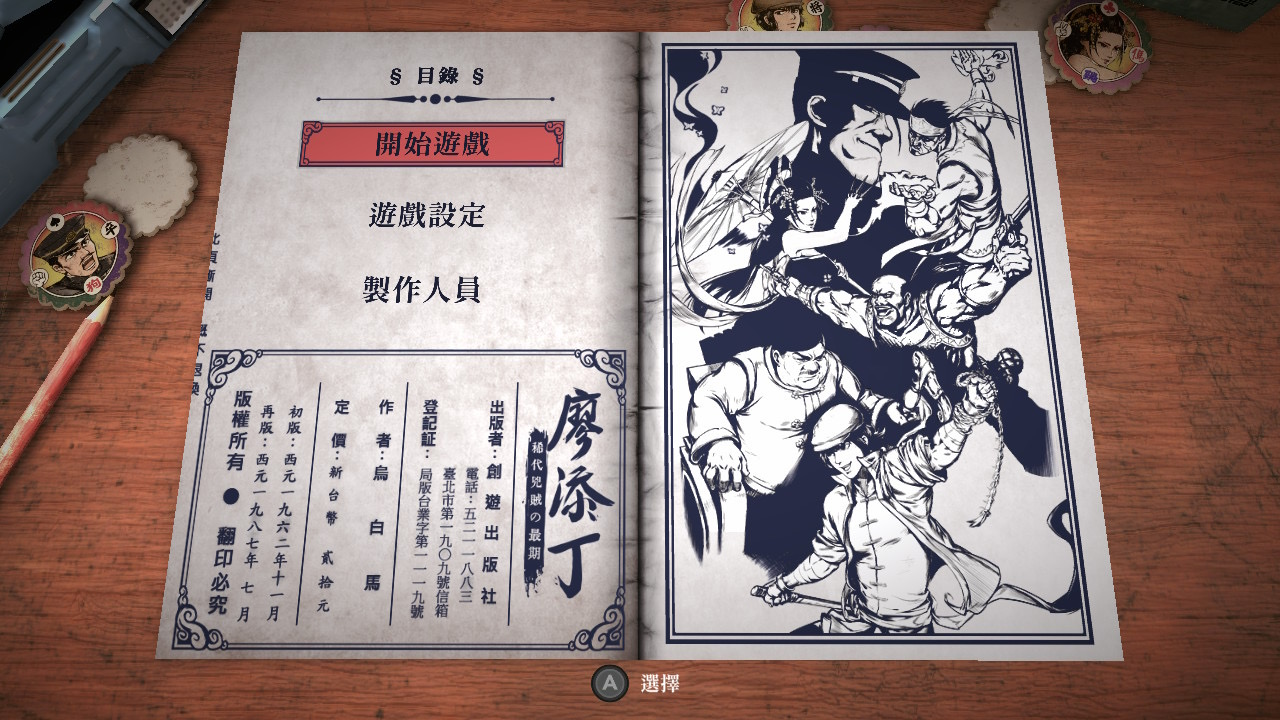
Abstract
The editor’s introduction discusses progress so far and possible future directions in the emerging field of Sinophone game studies, taken to mean the study of games – in this case, specifically video, computer, digital, or electronic games – in a Sinophone context, including mainland China and the broader Chinese-speaking world. Recent industry figures and news stories related to video gaming in the People’s Republic of China (PRC) paint a picture of continued expansion and growing global ambitions, albeit tempered by the regular introduction of fresh government regulations surrounding game content, gaming permissions for under-18s, game streaming, and game license approval. The eleven contributions to this issue, however, reflect the diversity of possible approaches to the study of Sinophone gaming, focusing not just on the often-conflicting politics and economics of the PRC games industry, but also exploring Taiwan’s flourishing indie game scene, political uses of games in Hong Kong, game-based representations of online and offline realities, issues in the transnational adaptation and localisation of games, and more besides. Sinophone game studies is a highly fruitful area of academic research that is intrinsically inter- and cross-disciplinary in nature and well placed to respond to some of the most pressing issues of our time, whether they be international conflict, ecological crisis, identity politics, minority rights, or even the development of disparate virtual worlds into a cross-platform ‘metaverse’ in which many of us may one day live our lives.
Image: Screenshot from The Legend of Tianding (CGCG, 2021)
- Game studies,
- Gaming in China,
- Digital games,
- Computer games,
- Online games,
- Taiwanese games,
- Gaming in Hong Kong,
- Sinophone studies,
- Sinophone game studies,
- Ludology,
- PRC games industry,
- video games
